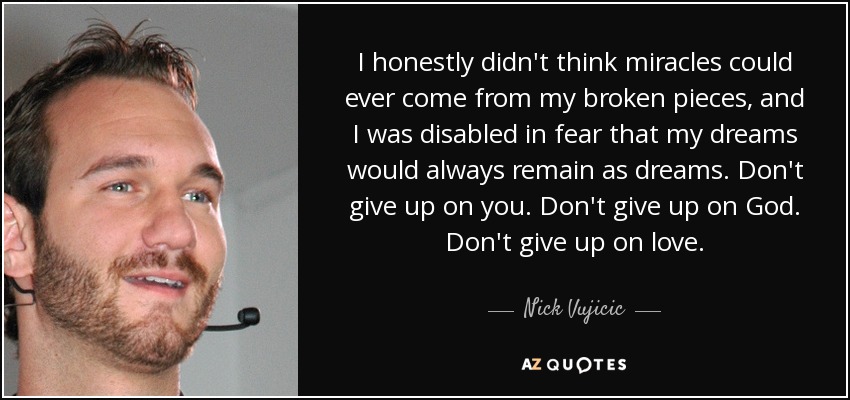
We climbed and rested, sweating in the cold we passed clumps of bundled people on the hillside who were setting up telescopes and fiddling with cameras. Long winter-killed grass covered it, as high as our knees. We pulled off the highway, bundled up, and climbed one of these hills. We drove at random until we came to a range of unfenced hills. Later the rising sun would clear these clouds before the eclipse began. By the growing light we could see a band of cirrostratus clouds in the sky. It was dawn when we found a highway out of town and drove into the unfamiliar countryside. Gary put the car in gear and off we went, as off we have gone to a hundred other adventures. How familiar things are here how adept we are how smoothly and professionally we check out! I had forgotten the clown’s smiling head and the hotel lobby as if they had never existed. We would drive out of town, find a hilltop, watch the eclipse, and then drive back over the mountains and home to the coast. It was February 26, 1979, a Monday morning. When the miners return to the surface, their faces are deathly pale.Įarly the next morning we checked out.

The elevators in the mine shafts run very slowly, down, and up, so the miners’ ears will not pop in their skulls. The companies have to air-condition the mines if the air conditioners break, the miners die. In South Africa, in India, and in South Dakota, the gold mines extend so deeply into the Earth’s crust that they are hot. Seeing a partial eclipse bears the same relation to seeing a total eclipse as kissing a man does to marrying him. I lay awake remembering an article I had read downstairs in the lobby, in an engineering magazine. Beneath the cage, among spilled millet seeds on the carpet, were a decorated child’s sand bucket and matching sand shovel. Against the long opposite wall sang a live canary in its cage. On the broad lobby desk, lighted and bubbling, was a ten-gallon aquarium containing one large fish the fish tilted up and down in its water. “Number six!” cried the man on television, “Number six!” At the dim far end of the room, their backs toward us, sat six bald old men in their shirtsleeves, around a loud television. Her long legs were crossed she supported her head on her fist. Beside us on an overstuffed chair, absolutely motionless, was a platinum-blonde woman in her forties wearing a black silk dress and a strand of pearls. We waited on a couch while the manager vanished upstairs to do something unknown to our room. The hotel lobby was a dark, derelict room, narrow as a corridor, and seemingly without air. I watched the landscape innocently, like a fool, like a diver in the rapture of the deep who plays on the bottom while his air runs out. As we lost altitude, the snows disappeared our ears popped the trees changed, and in the trees were strange birds. We drove through the avalanche tunnel, crossed the pass, and descended several thousand feet into central Washington and the broad Yakima valley, about which we knew only that it was orchard country. With two-by-fours and walls of plywood, they erected a one-way, roofed tunnel through the avalanche. We waited as highway crews bulldozed a passage through the avalanche. This highway was the only winter road over the mountains. Had the avalanche buried any cars that morning? We could not learn. When we tried to cross the Cascades range, an avalanche had blocked the pass.Ī slope’s worth of snow blocked the road traffic backed up. To put ourselves in the path of the total eclipse, that day we had driven five hours inland from the Washington coast, where we lived. The clown print was framed in gilt and glassed. His thin, joyful lips were red chili peppers between his lips were wet rows of human teeth and a suggestion of a real tongue.

The crinkled shadows around his eyes were string beans. The clown’s glance was like the glance of Rembrandt in some of the self-portraits: lively, knowing, deep, and loving.

Inset in his white clown makeup, and in his cabbage skull, were his small and laughing human eyes. Actually, he wore a clown’s tight rubber wig, painted white this stretched over the top of his skull, which was a cabbage. During those years I have forgotten, I assume, a great many things I wanted to remember-but I have not forgotten that clown painting or its lunatic setting in the old hotel. Two years have passed since the total eclipse of which I write. Some tasteless fate presses it upon you it becomes part of the complex interior junk you carry with you wherever you go. It was a painting of the sort which you do not intend to look at, and which, alas, you never forget. It was a print of a detailed and lifelike painting of a smiling clown’s head, made out of vegetables. I lay in bed and looked at the painting on the hotel room wall. This article is adapted from Dillard’s recent book.


 0 kommentar(er)
0 kommentar(er)
